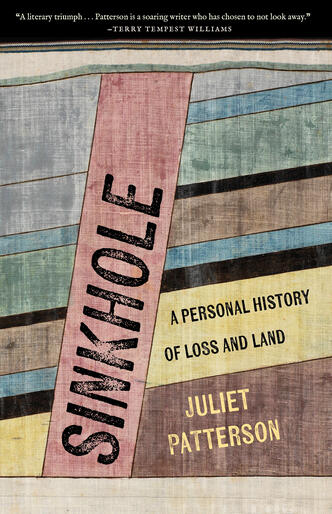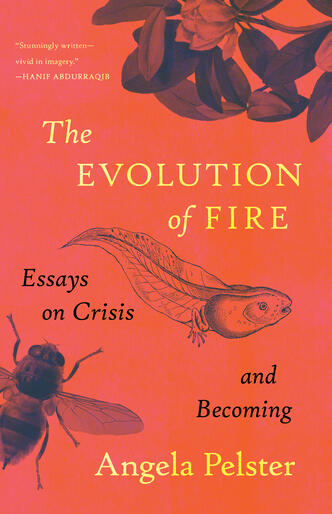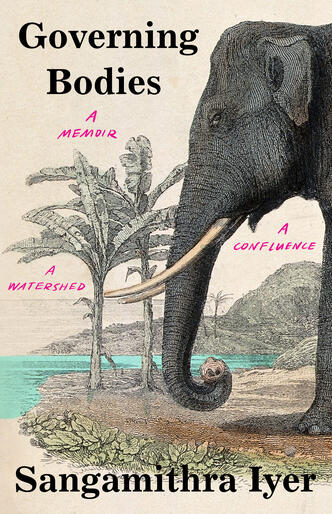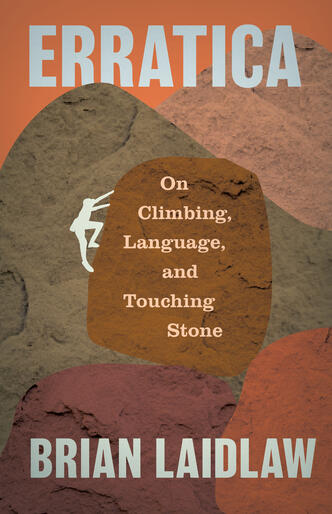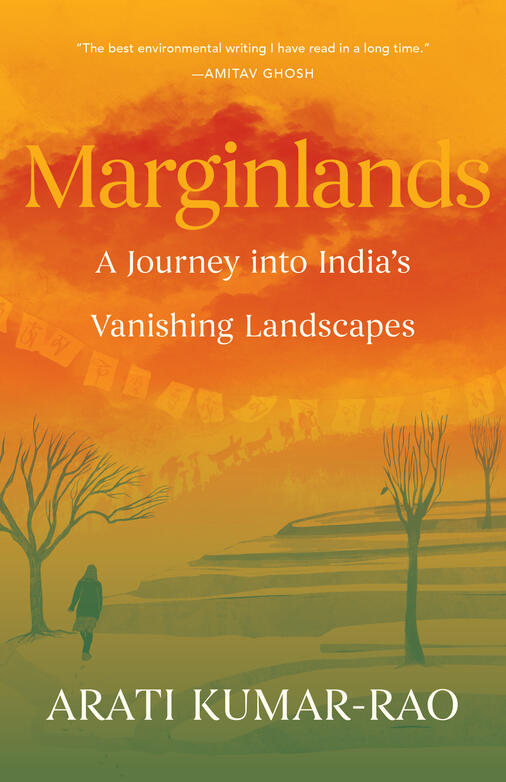
Marginlands
“Marginlands is a tour de force, a magnificent first book”—ROBERT MACFARLANE
A Publishers Weekly “Best Book of the Year”
“Marginlands is a tour de force, a magnificent first book about India’s marginalized landscapes and inhabitants, written with compassion, compressed elegance of observation, and urgent political force.”—Robert Macfarlane
As a child growing up in Mumbai, Arati Kumar-Rao’s parents instilled in her an abiding love for the natural world and a passion for storytelling. Years later, adrift in a corporate job and concerned by the unbridled development of her country, she asked herself, “When will you stop doing what you can do and start doing what you really want to do?”
Animated by an instinctive sense that our fate is bound to that of the earth and the more-than-human world, Kumar-Rao sets out on a journey across India, listening along the way to stories the land and its people share with her. In the Thar Desert, often reduced to the value of extractable commodities, she learns about ancient methods of harvesting rainwater from shepherds with deep ancestral memories. In the delta formed by the confluence of the Ganges, Brahmaputra, and Meghna Rivers at the Bay of Bengal, she walks ancient shorelines and mangrove forests with a marine biologist, exploring tidepools and learning of the extent to which this astonishingly diverse ecology is increasingly endangered by commercial trawlers and overfishing. And on India’s northernmost plateau, surrounded by the Himalaya and home to snow leopards, ibex, and numerous endangered species of eagles and owls, she finds glaciers disappearing at an alarming rate and meets with inhabitants who play little role in creating climate change but now bear the brunt of it.
Richly illustrated with the author’s photographs and drawings, Marginlands is a vibrant and compelling account of the changes reshaping India today. Engaging and urgent, infused with wonder and profound empathy, this is a work of love and hope, inspiring readers across the world to preserve and protect the world around us.




